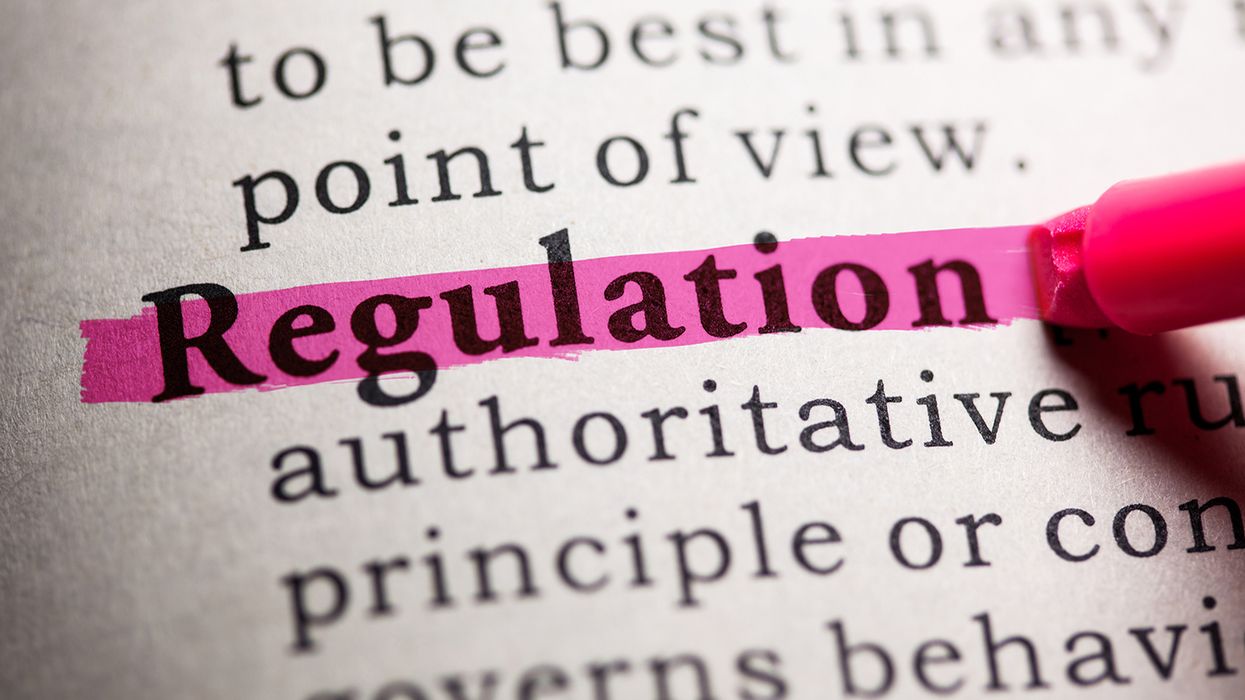Workers’ comp and FMLA: Two peas in a (leave) pod
As more employees return to physical workplaces, and with the low unemployment rate requiring some employees to handle more work, employees could be at risk of workplace injuries. Those injuries are often covered by workers’ compensation (workers’ comp), but employees injured at work may have rights and protections under multiple laws. Workers’ comp allows employees to receive payments for all reasonable medical care costs and lost wages resulting from an injury. Time off under the Family and Medical Leave Act (FMLA), on the other hand, provides for job-protected, unpaid leave. The two laws often go hand-in-hand, and employers can’t generally argue that providing one is enough. Such is the story of a recent court case.
The injury
Nadine seriously injured her knee while at work, resulting in the need for some time off. The employer handled the situation as a workers’ comp claim but did not provide Nadine with any FMLA information. After almost two weeks of follow-up appointments and physical therapy per the workers’ comp claim, Nadine was released to light duty, with restrictions. With more therapy, she was released to full duty, but the doctor was never told what Nadine’s regular duties were. On top of that, neither the doctor nor Nadine were told that company policy required Nadine to complete an essential-functions test upon her return to work or what that test entailed or the consequences for failure.
Nadine failed the test, which aggravated the injury, and she was terminated.
The claim
While Nadine and the employer eventually settled the workers’ comp claim, Nadine did file suit claiming that the employer interfered with her FMLA rights. The employer argued that it complied with its workers comp obligations, so it should have no FMLA liabilities.
The result
The court indicated that providing workers’ comp benefits does not absolve an employer of its FMLA obligations. The employer had information that pointed to Nadine needing time off for an FMLA serious health condition (per the workers’ comp records), but it did not take any FMLA steps, including providing Nadine with an eligibility/rights & responsibilities notice.
The case was allowed to proceed to a jury.
The employer also tried to argue that providing an FMLA notice would not have mattered as Nadine needed more than 12 weeks of leave before being able to return to work and perform the essential-functions test. That possibility, however, does not matter.
Key takeaway: Workers’ comp can, and often must, run concurrently with FMLA leave, so don’t forget to look at all applicable laws in relation to a workplace injury.
Ramji v. Hospital Housekeeping Systems, LLC, 11th Circuit Court of Appeals, No. 19-13461, April 6, 2021.




















































